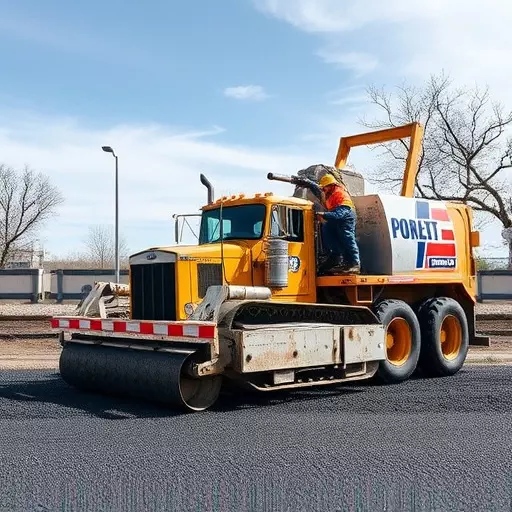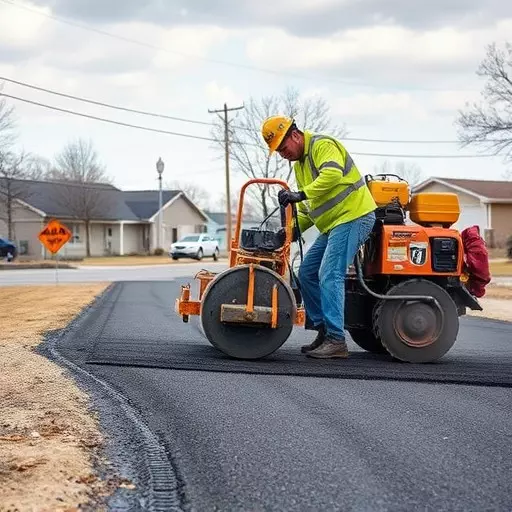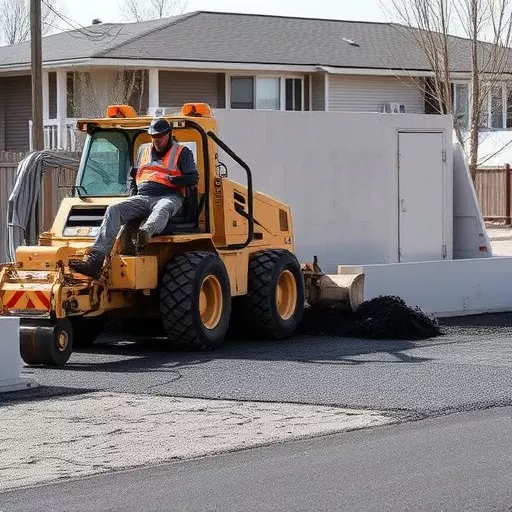Ashtoft demolition in Toledo, driven by environmental benefits, involves specialized methods like pavement milling and full-depth removal. These techniques aim to reduce construction waste, preserve natural resources, and minimize ecological damage. Asphalt demolition contractors in Toledo play a crucial role in adopting sustainable practices, such as proper material disposal and sediment runoff prevention, while adhering to environmental regulations. By employing eco-friendly techniques like pavement milling, these contractors contribute to minimizing the ecological footprint of infrastructure projects and ensuring responsible asphalt removal.
The environmental impact of asphalt demolition is a growing concern for communities across the country. As cities strive for more sustainable practices, understanding the consequences of removing this ubiquitous material becomes crucial. This article explores various aspects of asphalt demolition, from the processes and techniques employed by Toledo contractors to the ecological implications. We delve into best practices and present pavement milling as a promising alternative that minimizes environmental damage. By examining these strategies, we aim to equip readers with knowledge on making more eco-conscious choices regarding asphalt removal.
- Understanding Asphalt Demolition: The Process and Common Techniques Used
- Environmental Considerations: The Impact of Asphalt Removal on Local Ecosystems
- Best Practices for Responsible Asphalt Demolition by Toledo Contractors
- Pavement Milling: A Sustainable Alternative and Its Benefits in Minimizing Environmental Damage
Understanding Asphalt Demolition: The Process and Common Techniques Used
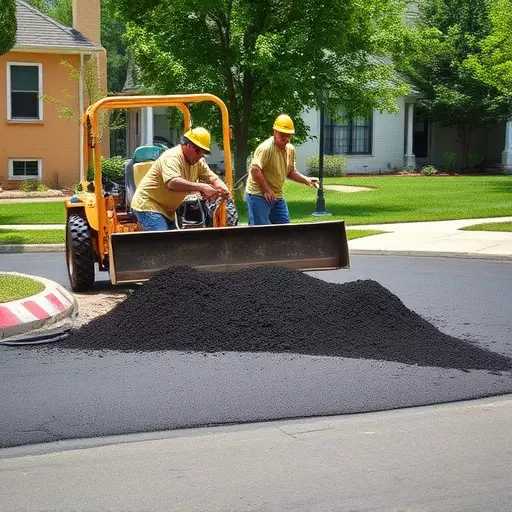
Asphalt demolition in Toledo is a specialized process that involves the removal and recycling of old pavement. This practice has gained importance due to its environmental benefits, particularly in reducing construction waste and preserving natural resources. The process begins with an asphalt demolition contractor assessing the site and selecting appropriate techniques for the job. Common methods include pavement milling, where a machine grinds the existing asphalt into small pieces while leaving the base layer intact. This technique is highly efficient for surface repairs and allows for easy re-use of the milled material in new paving projects, minimizing waste.
Another approach is full-depth removal, which involves cutting and removing both the asphalt surface and the underlying layers. This method is typically employed for complete pavement replacement or when significant structural damage is present. Effective asphalt removal techniques not only ensure a clean and level site but also facilitate the collection of recycled materials for use in new roads, reducing the demand for virgin aggregates.
Environmental Considerations: The Impact of Asphalt Removal on Local Ecosystems
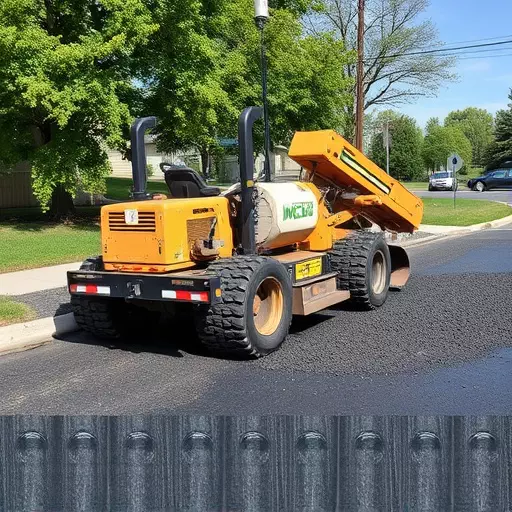
When an asphalt demolition contractor in Toledo takes on a project, careful consideration must be given to the environmental impact of their work. Asphalt removal techniques, such as pavement milling, while necessary for infrastructure renewal, can disrupt local ecosystems if not managed properly. The process involves the physical removal of asphalt pavements, which can release stored pollutants and contaminants into the surrounding environment. These include heavy metals, oils, and other harmful substances that may have built up over time due to traffic and weather exposure.
Ecosystem health is a significant concern, as paved areas often provide habitat for various species, and their removal can displace these creatures and alter local biodiversity. Additionally, the soil and water quality nearby can be affected by the release of embedded pollutants during demolition. To mitigate these impacts, contractors should employ sustainable practices, including proper disposal methods for removed materials and implementation of measures to prevent sediment runoff. Effective planning and adherence to environmental regulations are vital steps in ensuring that asphalt demolition projects in Toledo minimize their ecological footprint.
Best Practices for Responsible Asphalt Demolition by Toledo Contractors
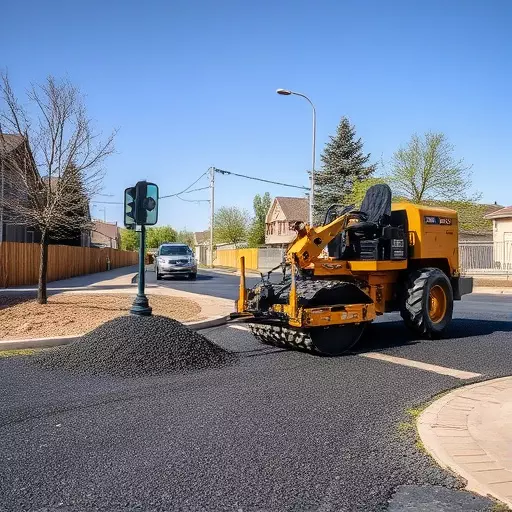
Toledo contractors specializing in asphalt demolition play a crucial role in minimizing the environmental impact of infrastructure projects. Best practices for responsible asphalt demolition involve employing sustainable asphalt removal techniques, such as pavement milling, which carefully grinds the existing asphalt into reusable material. This method reduces waste and conserves natural resources compared to traditional excavation methods.
Additionally, these contractors should prioritize proper disposal and recycling of asphalt rubble. By utilizing specialized equipment and following strict environmental regulations, they can ensure that materials are recycled or disposed of safely, preventing pollution and preserving local ecosystems. Choosing an experienced Toledo asphalt demolition contractor committed to these sustainable practices is essential for projects aiming to balance progress with environmental stewardship.
Pavement Milling: A Sustainable Alternative and Its Benefits in Minimizing Environmental Damage

